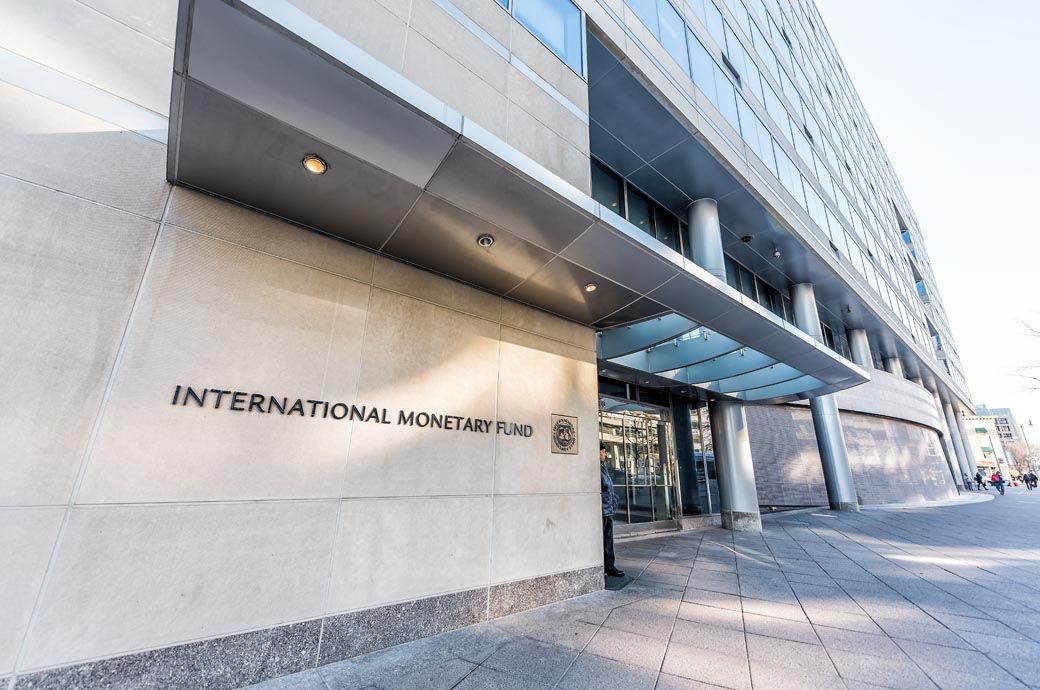
Running CA deficits is broadly consistent with India’s level of per capita income, favourable growth prospects, demographic trends and development needs, the ‘Pandemic, War, and Global Imbalances | 2022 IMF External Sector Report’ noted.
The authorities have made some progress in external trade promotion and the liberalisation of foreign direct investment (FDI) and portfolio flows, but the existing tariff structure remains broadly unchanged, the IMF report needed.
To maintain the external sector balance at a comfortable level over the medium term, gradual withdrawal of fiscal and monetary policy stimulus, development of export infrastructure and negotiation of free trade agreements with main trading partners to provide a sustainable boost to exports of goods and services should be accompanied by further investment regime liberalisation and a reduction in tariffs, especially on intermediate goods, the report suggested.
Structural reforms could deepen integration in global value chains and attract FDI, thereby, mitigating external vulnerabilities. Exchange rate flexibility should act as the main shock absorber, with intervention limited to addressing disorderly market conditions, the report said.
As of the end of last year, India’s net international investment position (NIIP) had improved to minus 11.1 per cent of the GDP from minus 13.5 per cent of GDP at the end of 2020. This reflected a relatively low CA deficit (amid the COVID-19 pandemic) and the accumulation of reserve assets.
Gross foreign assets and liabilities were 30.5 per cent of the GDP and 41.7 per cent of the GDP respectively. The bulk of assets were in the form of official reserves and FDI, whereas liabilities included mostly FDI and other investments.
With the CA deficit projected to widen in 2022 (due to external shocks) and stabilise at a lower level thereafter, the NIIP-to-GDP ratio is expected to strengthen marginally over the medium term, the IMF report said.
India’s external debt liabilities are moderate compared with peers, and short-term rollover risks are limited. The moderate level of foreign liabilities reflects India’s incremental approach to capital account liberalisation, which has focused primarily on attracting FDI, the report added.
ALCHEMPro News Desk (DS)
Receive daily prices and market insights straight to your inbox. Subscribe to AlchemPro Weekly!